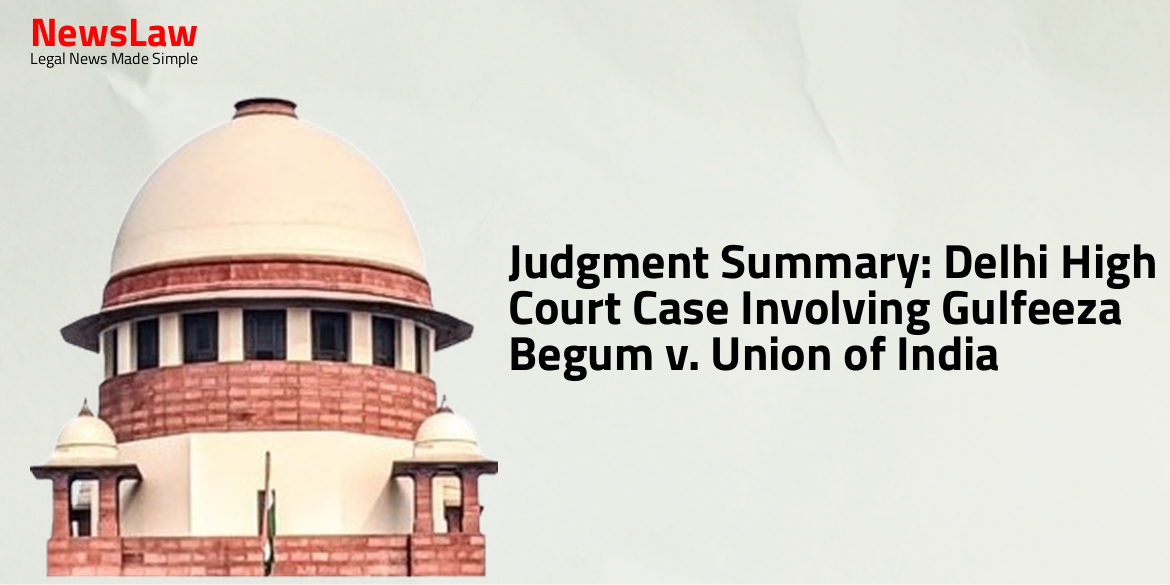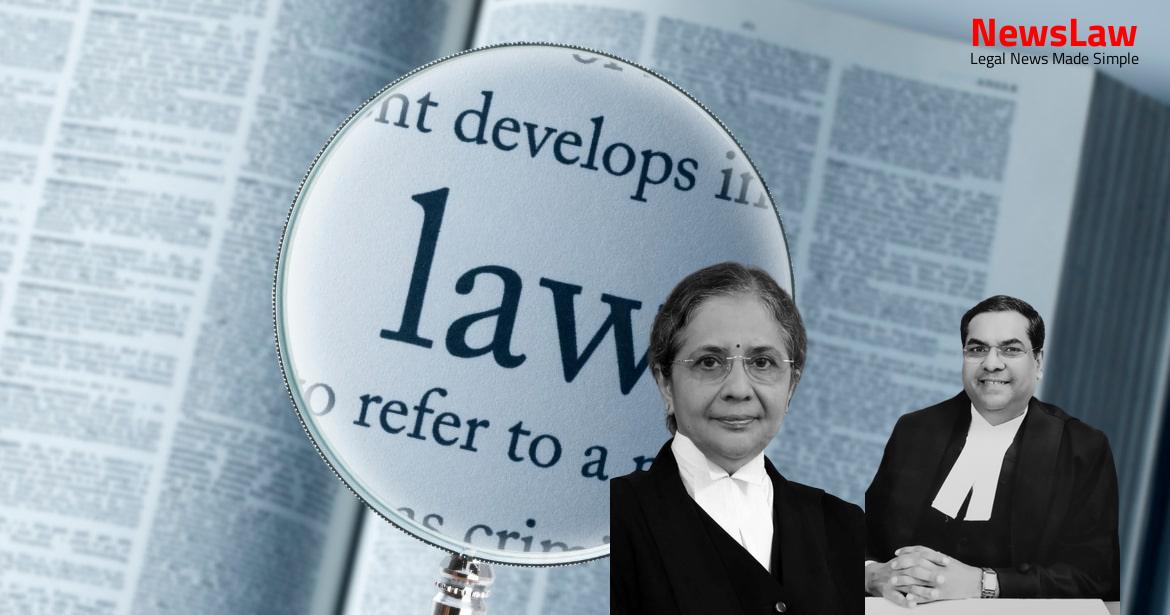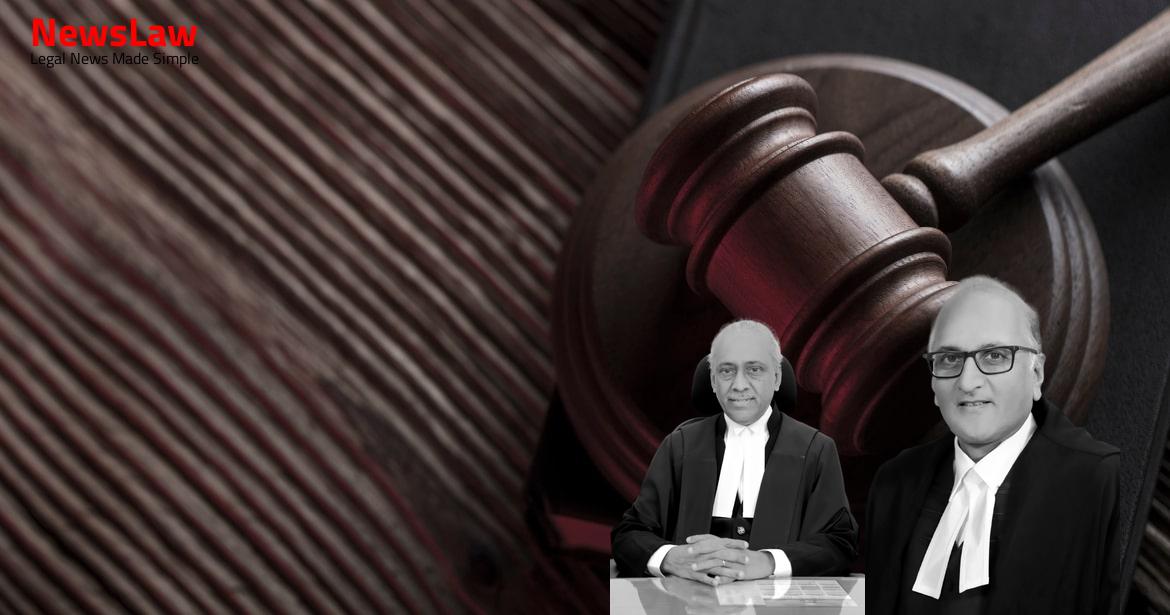In a recent judgment by the Delhi High Court, the case of Gulfeeza Begum v. Union of India has been addressed, shedding light on policy challenges and contract law issues. The court’s decision emphasizes important aspects of the case, providing insights into legal precedents and implications for similar disputes.
Facts
- The petitioners were directed to vacate their MPS on 27.02.2023 due to a force majeure event i.e., Covid-19 lockdown.
- Petitioner no.1 operates three MPS at Bareilly Railway Station, Petitioner no.2 operates one MPS at Moradabad Railway Station, and Petitioner no.3 operates one MPS at Haridwar Railway Station.
- They were initially running stalls/trolleys under Commercial Circular No. 96 of 2007, but in 2017, they were forced to convert to MPS as per the 2017 Policy by Northern Railway.
- Petitioners and Northern Railway executed Master License Agreements for their respective MPS: Petitioner no.1 on 31.03.2021, Petitioner no.2 on 29.10.2021, and Petitioner no.3 on 17.08.2020.
- Clause 3 of the Master License Agreements stated that the tenure was for five years from the date of conversion of stall/trolley until 21.12.2022 with no provision for extension or renewal.
Arguments
- The petitioners’ licenses have expired by efflux of time as per the 2017 Policy.
- The 2017 Policy is legally sound and non-arbitrary, as upheld by Karnataka High Court in a similar challenge.
- Petitioners cannot challenge the 2017 Policy after availing its benefits for five years.
- Petitioners claim that clause 5 of the 2017 Policy violates constitutional rights.
- Petitioners argue that paragraph 1744 of Indian Railways Commercial Manual is the root cause for punitive demands.
- Petitioners claim legitimate expectation to renew licenses based on past practice and lack of tender participation.
- Petitioners cite South Central Railways judgment for license renewal, arguing arbitrariness in not renewing miscellaneous stalls/trolleys.
- Petitioners question the arbitrary 68-day extension during Covid-19 compared to other units.
- Petitioners argue coercion and economic duress in converting stalls to MPS units.
- Petitioners challenge exclusive jurisdiction clauses in agreements and emphasize Delhi as situs not conferring jurisdiction.
- Petitioners argue that 2017 Policy prevents monopolization and provides equal opportunities during re-tendering.
- Petitioners claim awareness of no renewal under the new policy and criticize Clause 11’s arbitrary extension to existing stalls/trolleys.
- The petitioner signed a contract for a non-renewable period of five years with full knowledge.
- The petitioner enjoyed the benefits of the contract for the entire duration of five years.
- The petitioner cannot revert to an outdated policy or a policy that does not apply to them after the contract’s completion.
- The Supreme Court judgment referred to by the petitioner does not apply as it pertained to a different policy than the one under which the petitioner’s contract falls.
Analysis
- The petitioners have raised contentions regarding the renewal/extension of their licenses post the expiration of the five-year tenure as per the 2017 Policy/Master License Agreement.
- The petitioners’ argument is that they have a legitimate expectation for the renewal of their licenses despite the non-renewal clause in the 2017 policy.
- The Court has highlighted that a license does not create any interest in the property and is revocable at the grantor’s will.
- There is a provision for a 33% sub-quota for women in the allotment of MPS units at all stations in reserved categories.
- The Court has stated that granting licenses in perpetuity would contradict the equality of opportunity guaranteed under the Constitution.
- The petitioner’s reliance on larger extension tenures granted to certain licensees is considered misplaced by the Court.
- The Court has noted that the petitioners voluntarily converted their stalls/trolleys to MPS and accepted the terms and conditions at the time of conversion.
- The petitioners’ plea for renewal/extension of their licenses based on the ‘force majeure’ event due to Covid-19 lockdown is examined in the context of the 2017 Policy clauses.
- The Court concludes that the challenge to Clause 5 and Clause 11 of the 2017 Policy is not sustainable based on the express terms of the policy.
- The Court clarifies that a license renewal is subject to the policy terms, and it is not within its purview to mandate license renewals against the policy provisions.
- The applicability of Force Majeure in catering and vending contracts due to the Covid-19 pandemic is highlighted in the judgment.
- Overall, the Court focuses on upholding the policy guidelines and clauses outlined in the 2017 Policy/Master License Agreement while addressing the petitioners’ contentions.
- The relevant extract from the judgment states that the specific part is being discussed in point 55.
- The specific part of the judgment is about to be summarized.
- The Karnataka High Court rejected a challenge to the 2017 Policy in the case of Gulfeeza Begum v. Union of India.
- The court emphasized that participants cannot claim assistance or mandamus for relaxation in policy as a matter of right.
- A writ of Mandamus cannot be issued to direct the Respondents to enact law or frame rules.
- Mandamus is applicable for enforcement of fundamental or statutory rights.
- The breach or threat to breach a fundamental, statutory, or enforceable equitable right is necessary for issuing a writ of Mandamus.
- Individual license agreements and the 2017 Policy contain an arbitration clause for aggrieved parties.
- Petitioners can invoke the arbitration clause if they are affected by the Covid-19 situation or wish to claim damages.
- Initiating appropriate proceedings through the arbitration clause is a viable option for the petitioners.
Decision
- Existing stalls/trolleys have the option to convert into MPS by paying the license fee quoted by the prospective bidder.
- No new allotments, renewals, or extensions for existing stalls/trolleys by the railways at present.
- Existing stalls/trolleys can be converted into MPS as per the policy with a 5-year tenure from the date of conversion.
- One-time exercise for conversion to be completed within 90 days of the policy issue.
- The Multi-Purpose Stall policy is effective immediately, superseding previous policies.
- Petitioners were given the option to convert existing stalls/trolleys to MPS or continue until the existing agreement expires.
- Petitioners opted to convert to MPS and were granted a 3-month period to vacate their stalls post the extended license period.
- Petitioners in one case requested conversion of their miscellaneous stalls/trolleys to MPS.
- The petitions are dismissed, but the rights and remedies of the petitioners are kept open.
- All pending applications are disposed of, and the petitions are deemed maintainable for adjudication.
Case Title: BEROJGAR HARIJAN YUVA KALYAN SAMITI Vs. UNION OF INDIA & ORS. (2024:DHC:4452)
Case Number: W.P.(C)-12650/2023



